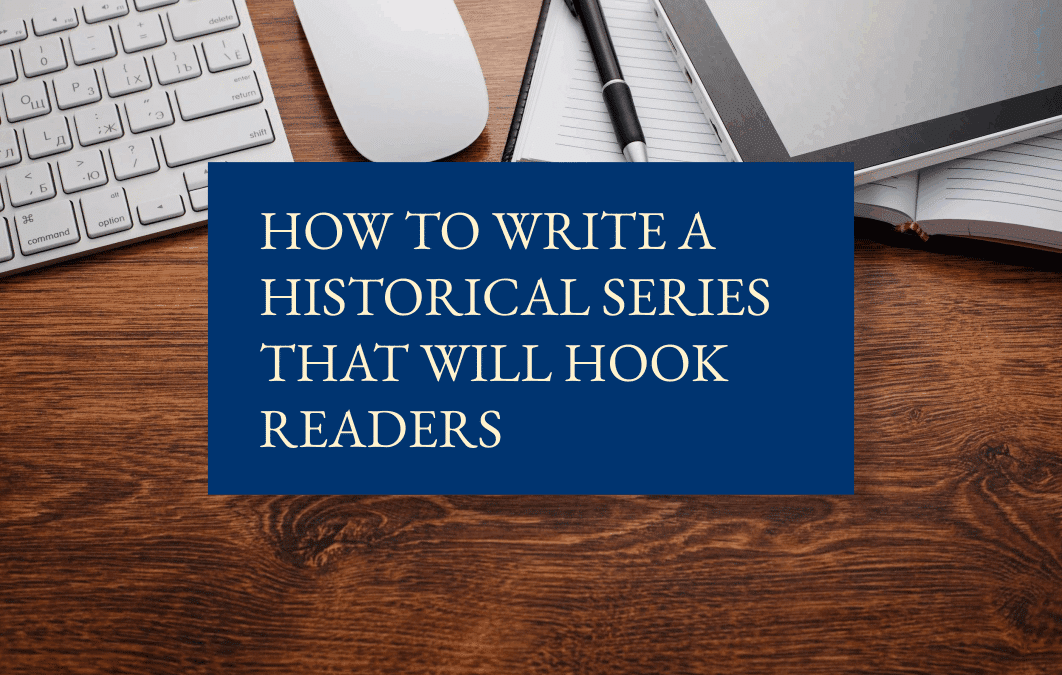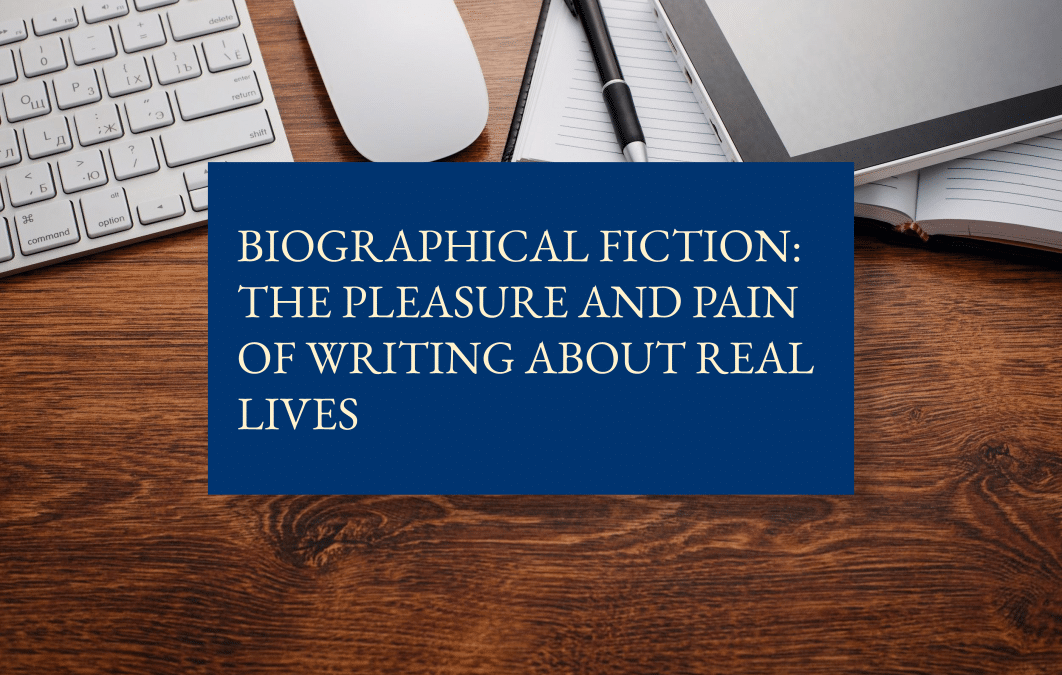


What is ‘filtering’ in writing? (And what to do instead)
When you’re first developing your writing skills, there can be a lot of advice and techniques to keep track of! “Filtering” is an essential writing term that sometimes gets lost in the shuffle, but which all new writers should be aware of. Knowing when to use it and...
Why author bios matter and how to write one
The author bio (biography) introduces you, the author. It is commonly seen inside the back of a book, on websites, social media, Amazon pages, etc. It supplements the blurb, which introduces the story premise, and is normally seen first. A good author bio is an...
A cover is a door: invite your readers in
You’ve finished writing your novel and are excited to share it with readers, but before you look for reviews, bloggers, podcasts, or book clubs to get the word out, take time to consider your cover. A great design will entice readers to click on it or pick it up...
Biographical fiction: the pleasure and pain of writing about real lives
All historical novels, perhaps all novels, blur the edges of fact and fiction. Our characters inhabit places and periods defined by known geography and history, sometimes in very specific ways (say mediaeval York, or the reign of a particular monarch). But why do so...
Publishing models: out with the old, in with the older?
One of the hardest parts of being a writer of historical fiction (after writing the book, obviously) is deciding how to get your work in front of your readers. For most, there will be the pull of traditional publishing; of having your work accepted by a storied agent...
How to get started writing alternate historical fiction
One of the great joys of being a writer is getting to play “What if”. Historical fiction in particular allows you to imagine the unseen scenarios that led to major historical events. We can create characters and circumstances that reveal the true story (or at least...
Immersive research for historical fiction authors
This content is exclusive to The History Quill members. Click here to join us! Already a member? Log in...
20 effective social media strategies for historical fiction authors
Social media can be a powerful and positive tool for authors, but it can also be a minefield to navigate. What should we post? On which platforms? How often? And so on. For historical fiction authors, social media works best when we acknowledge two fundamental...
